New Massachusetts Paid Family Medical Leave Act: What Does It Mean to You?

The Massachusetts Paid Family Medical Leave Act (PFML) takes effect on July 1. The new law, which will allow for paid leave for family and medical-related absences, is modeled after the Federal Family and Medical Leave Act (FMLA), but there are significant differences, including: paid leave, a greater amount of protected leave, expanded employee coverage (including those receiving unemployment benefits), an expanded definition of family members, and the removal of the restriction to use paid time off while on protected leave. The Act will affect both employers and employees, and all employers with employees working in Massachusetts must comply with it. Here is what you need to know.
The paid leave will be funded through both employer and employee contributions to a trust established by the program. Although employees cannot take advantage of the new benefit until January 2021, employers and employees must begin funding the program on July 1, 2019. Contributions will depend on the number of workers employed:
- Businesses with 25 employees or more in Massachusetts must contribute $6.30 of every $1,000 of wages earned, up to $132,900 annually. The employer is responsible to remit the entire amount, but must contribute a minimum of $3.12 and can withhold up to $3.18 from each employee.
- Businesses with fewer than 25 employees, including household employers (which is particularly relevant to JDJ clients), must withhold $3.18 per $1,000 earned from each employee, and remit contributions to the Department of Revenue on behalf of their workers. Such businesses are not required to pay the employer share of the contribution, but can choose to contribute in order to reduce the amount paid by employees.
Payroll administrators should begin the payroll deductions and reporting requirements effective July 1, 2019. In advance of this date, employers must post a workplace poster and provide written notices to their employees. You can download these materials here.
Businesses may apply for a funding exemption if they offer paid leave directly to employees that matches or is more generous than the program’s benefits. The exemption application is due by September 20, 2019.
When the new benefit takes effect in 2021, most workers in Massachusetts will be eligible for up to 12 weeks of paid family leave and up to 20 weeks of paid medical leave. Paid benefits are determined based on the employee’s average weekly earnings, up to a maximum of $850 per week. Details of the benefits are as follows:
- Up to 12 weeks of paid family leave related to the birth, adoption, or foster care placement of a child or to care for a family member with a serious health condition.
- Up to 12 weeks if a family member is on active duty or notified of an impending call to active duty in the Armed Forces.
- Up to 20 weeks for a serious health condition that incapacitates the employee from their work.
- Up to 26 weeks to care for a family member who suffered a serious illness while on active duty.
- Employees may be eligible for up to 26 total weeks, in the aggregate, of paid family and medical leave in a single benefit year.
More information is available on the state’s web site, or you can contact me or a member of your JDJ team for assistance.



















